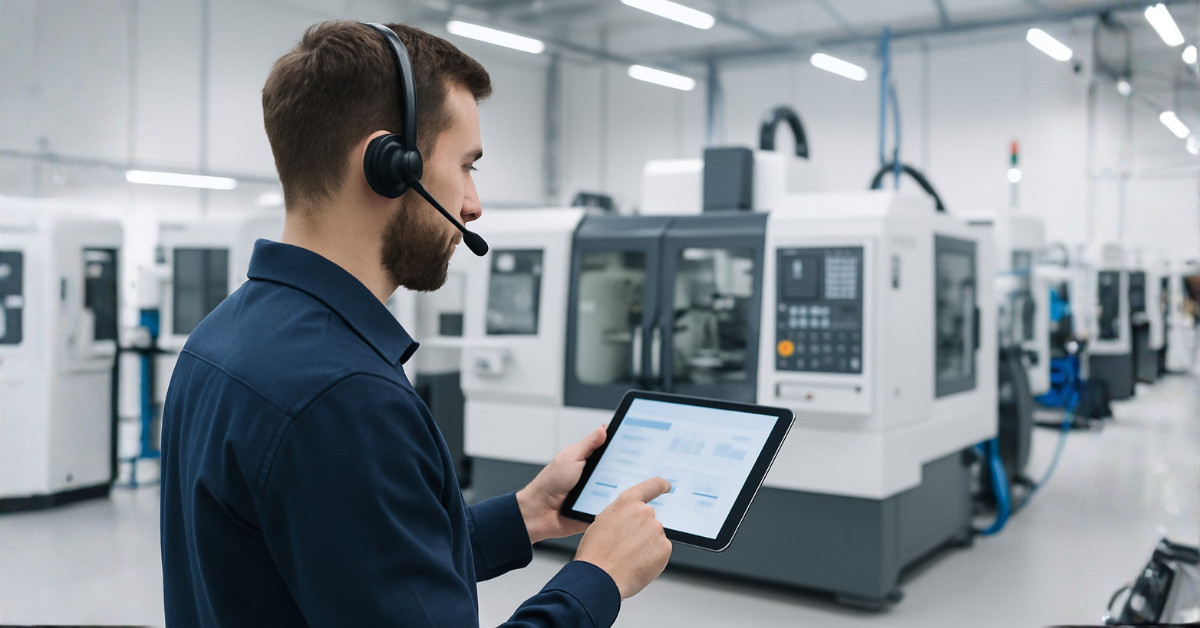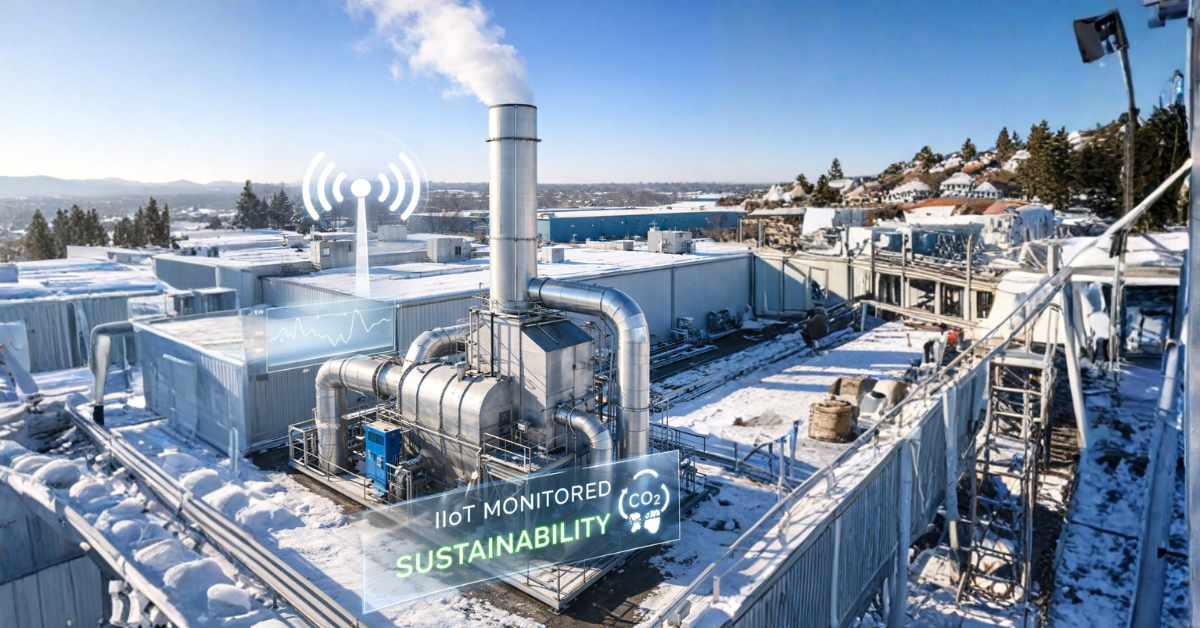In the pursuit of operational excellence and environmental responsibility, organizations are increasingly turning to ISO 50001 certification — an internationally recognized energy management standard that provides a comprehensive framework for industrial plants.
ei3's Software-as-a-Service application for energy and equipment monitoring, SUSTAIN, facilitates efficient gathering, analysis, and presentation of energy consumption data, assisting organizations in their efforts towards ISO 50001 compliance.
Understanding ISO 50001
The standard outlines technical and managerial strategies to improve energy efficiency and reduce costs. ISO 50001 was established as an International Standard in June 2011 and is available through the American National Standards Institute (ANSI). It aligns with widely adopted ISO 9001 (quality management) and ISO 14001 (environmental management) standards - to improve sustainability across the spectrum.
Key benefits enabled by ei3's Sustain application
1. Optimizing energy assets by enabling benchmarking and reporting
Organization can maximize the efficiency of existing energy-consuming assets by using ei3's out-of-the-box benchmarking and reporting tools and thereby reduce GHG emissions.
2. Enhancing transparency with comprehensive data on energy intensity
ei3 provides accurate measurements on energy consumed, allowing organizations to boost transparent communication regarding energy resource management.
3. Promoting best practices and facilitating technological upgrades
Promotes the adoption of energy management best practices and new technologies, cultivating a culture of responsible energy management within organizations.
The development of ISO 50001
The ISO 50001 was developed as a collaborative effort involving input from fifty-nine countries, with ANSI and Brazil jointly serving as co-secretariats of the project committee ISO/PC 242. Notably, the United States Council for Energy-Efficient Manufacturing (U.S. CEEM) and the U.S. Department of Energy (DOE) played instrumental roles in shaping the standard, ensuring it upholds data-driven energy performance and management support.
By implementing SUSTAIN, manufacturers can more effectively work toward ISO 50001 certification while reducing energy costs and environmental impact.





